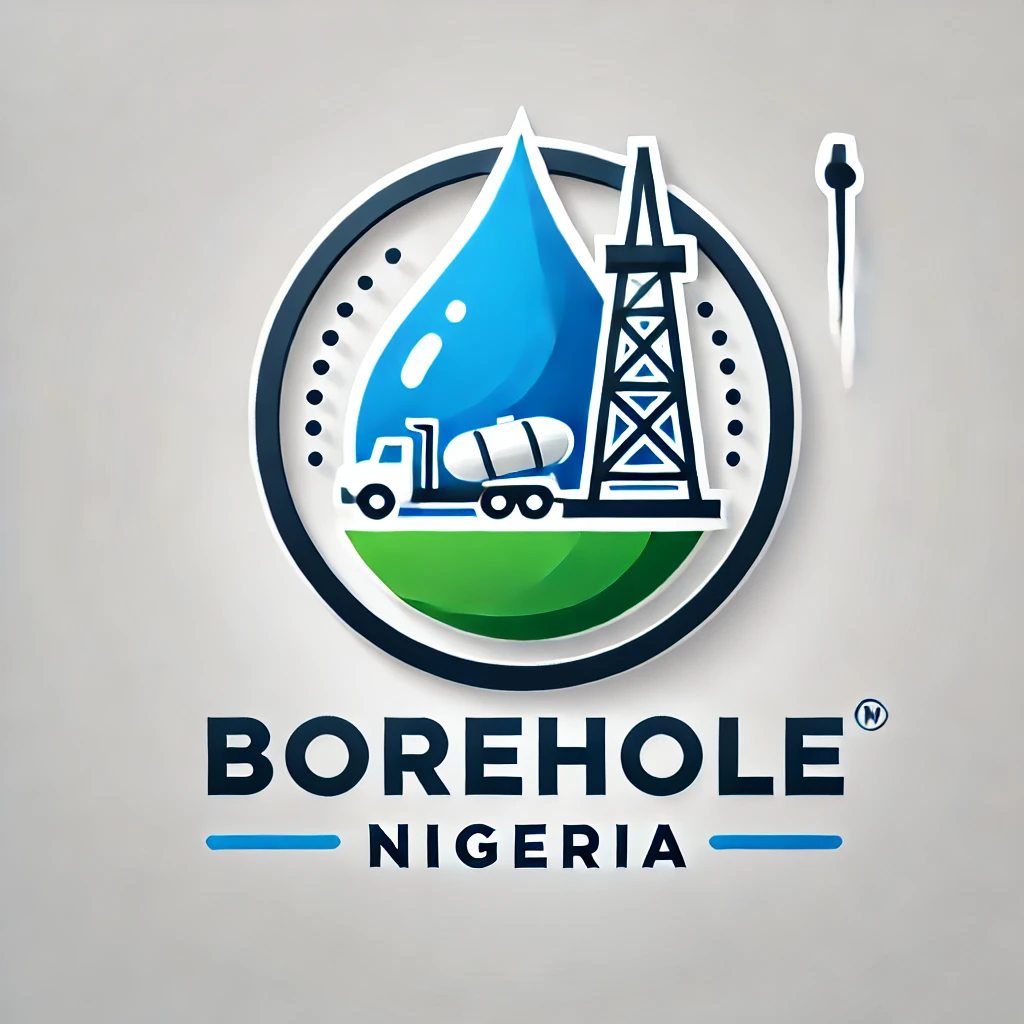The best time to construct a borehole in Kano, Nigeria largely depends on the region’s weather patterns and ground conditions. Kano, located in northern Nigeria, experiences a distinct dry and rainy season that significantly influences the ease and cost of borehole drilling.
Here are key factors to consider when deciding the ideal time to drill a borehole in Kano:
1. Dry Season (November to April) – Optimal Time for Borehole Construction
The dry season in Kano is generally the best time to drill a borehole. This period offers several advantages that make it ideal for borehole construction:
- Stable Ground Conditions: During the dry season, the ground is much firmer, making it easier to drill. This reduces the chances of equipment getting stuck or delayed by mud, which is more common during the rainy season.
- Accurate Water Table Reading: Because the dry season represents the period of least water availability, drilling during this time ensures that you reach the actual water table depth. This guarantees a more reliable water supply, even during the driest months.
- Reduced Delays: The dry season also sees fewer disruptions caused by weather conditions, ensuring a smoother, faster drilling process.
Best Months in the Dry Season
- November to February are ideal months as the harmattan season typically brings dry and cool weather, making it easier for drilling operations to proceed without hindrance.
2. Rainy Season (May to October) – Less Ideal, More Expensive
While it’s still possible to drill a borehole during the rainy season, there are several challenges associated with this period:
- Mud and Waterlogged Soil: The rainy season brings frequent downpours that cause the ground to become muddy and waterlogged. This can complicate drilling, increase costs, and cause delays.
- Unreliable Water Table: During the rainy season, the water table may be artificially higher due to rainwater infiltration. Drilling under these conditions may result in a borehole that doesn’t provide sufficient water during the dry season.
- Increased Costs: The wet soil and unstable ground often require more powerful equipment and additional safety measures, raising the overall cost of drilling.
However, if the rainy season is the only time you can drill, August and September tend to be peak rainy months, and you might face more challenges. May or June, when the rains begin, could be a more feasible time if you need to go ahead.
3. Soil and Ground Conditions in Kano
Kano’s soil structure varies between sandy and rocky layers, especially in rural or semi-urban areas. This impacts drilling in both dry and wet seasons. However, during the dry season, the harder ground is more predictable, ensuring drilling machines can function optimally.
We at Borehole.com.ng always recommend conducting a geological survey before drilling to determine the best drilling strategy, regardless of the season. This ensures we understand the soil composition and water table depth, giving you the most accurate estimate.
Why You Should Work with Borehole.com.ng
At Borehole.com.ng, we make borehole construction as seamless as possible, regardless of the time of year. Our services include:
- Geological Survey: To assess soil and water table depth.
- Professional Drilling: Using state-of-the-art equipment suitable for both dry and rainy season drilling.
- Water Treatment Systems: Ensuring your water is safe for consumption.
How to Get Started
- Visit Our Homepage: Head to Borehole.com.ng.
- Click on the Order Button: Submit your details, and pay ₦50,000 for a consultation.
- Consultation and Quote: After the consultation, we’ll provide a full quote and expected timeline for your borehole project within 24 hours.
Choosing the dry season for your borehole construction in Kano will guarantee a smoother, faster, and more cost-effective process. However, no matter when you decide to start, Borehole.com.ng will ensure you get high-quality, durable results. Click the WhatsApp button on your screen to begin your consultation today!
